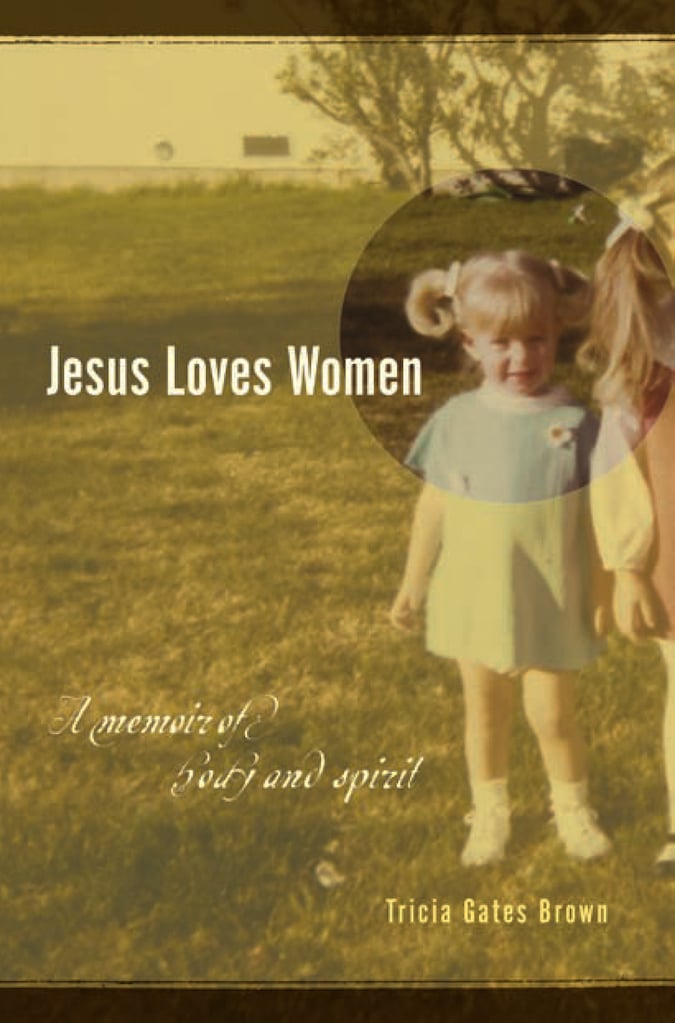
It’s been roughly two years since I lost my best friend, Brother Martin Gonzales. Martin had been my closest friend for over 21 years, which was 43% of my life at the time he died—so a lot of my life. We met in 2000 at the reception desk of the Trappist monastery in Lafayette, Oregon where he had been a monk since 1950. To me, Martin was like a conduit of Divine love at a time when I doubted that love; and he continued to remind me of it on a regular basis. He also told me often I was a gift to him. Early in our relationship, I could never quite understand this, because I had a low opinion of myself. But it was like he’d been waiting decades for my friendship, and when I came along, he recognized me. Shortly after I met him, and following a retreat at the abbey, I showed him a painting I’d made and he teared up. “You are full of spirit!” he gushed. And it was the beginning of a long unraveling of my perennial self-doubt. Martin and I were able to see one another uniquely, in all our beauty, even with our flaws. The Divine love I started to glimpse because of this relationship changed everything for me. It changed the way I saw myself and my life. It changed how I viewed the force at the center of all things.
This week is Pentecost and we ponder the event where Jesus imparted the Spirit to his disciples. It apparently transformed them from people hiding away in a back room into world changers willing to die for their faith. But the gospel passage we read in this week’s lectionary (John 20:19-23) has sat awkwardly with me until I recently read it in view of Brother Martin. In this passage, Jesus says “If you forgive the sins of any, they are forgiven; if you retain the sins of any, they are retained.” I always thought this was a late-first-century statement undergirding the authority of the apostles and the institutional church taking form at that time. Maybe over centuries, it did become this—part of the power play of early apostolic Christianity.

We have the power to set people free
But like I said, thinking about the passage with Martin in mind, changed my perspective on the words. You see, Martin forgave me everything and almost refused to see anything but my best. In so doing, he allowed me to become a different person. His ability to really see me despite the unskilled things I had done, liberated me from my past. I think this is what Jesus meant when he said, “If you forgive the sins of any, they are forgiven them; if you retain the sins of any, they are retained.” When we are truly willing to see people in their God-infused beauty and possibility, we release them from their “sin”; we free them from the things that keep them disconnected from God (theologically speaking, “sin” is seeing ourselves as separate from God).
On the other hand, when we refuse to give people the grace and new start that we want for ourselves, it is like we keep them trapped in a mindset of separation from the Divine, or in “sin.” When we hang onto a view of them as less than worthy of full relationship with God—just as they are, we have the power to cripple them spiritually. We have the power to do this: to either free someone from their past and from their demons in a life-changing way, or to keep them trapped in illusions of inadequacy and unloved-ness. What beauty there is in participating in someone’s freedom simply by loving them and being willing to see their God-imbued beauty. And what tragedy when we in our prejudices and self-righteousness and sometimes just fatigue, drive a wedge between people and the Spirit that is Love.
A couple of days after Martin died, in the summer of 2021, I sat in my sewing chair remembering him, and a terrible thought flashed across my mind. For a few seconds, I thought: what if this material existence is all there is, and Martin is completely gone—completely absent from existence. A sinking feeling like panic or dread rushed in. Then at that very moment a song I’d never heard came on the Spotify station I was listening to. The few words of the song, which repeat over and over, were so exquisitely beautifully perfectly exactly what I believe Martin would have said to me at that moment, that I was comforted. They are the sort of thing Martin said to me countless times. The song said: “How could anyone ever tell you you are anything less than beautiful?/ How could anyone ever tell you you are less than whole?/ How could anyone fail to notice that your loving is a miracle?/ How deeply you’re connected to my soul,” Repeat. {How Could Anyone, by Libby Roderick}
Every one of us needs people who remind us we are beautiful and whole and miraculous. These people set us free. How remarkable that we have this ability to impact one another in this way.


















